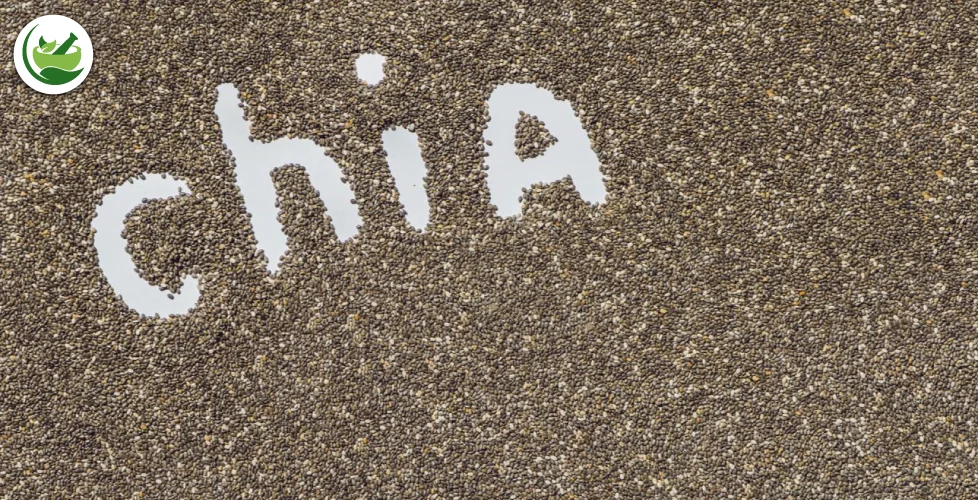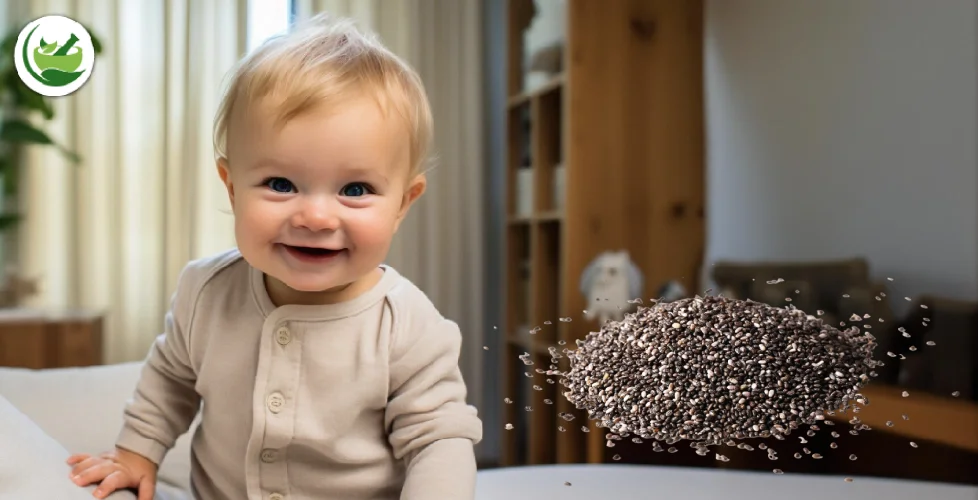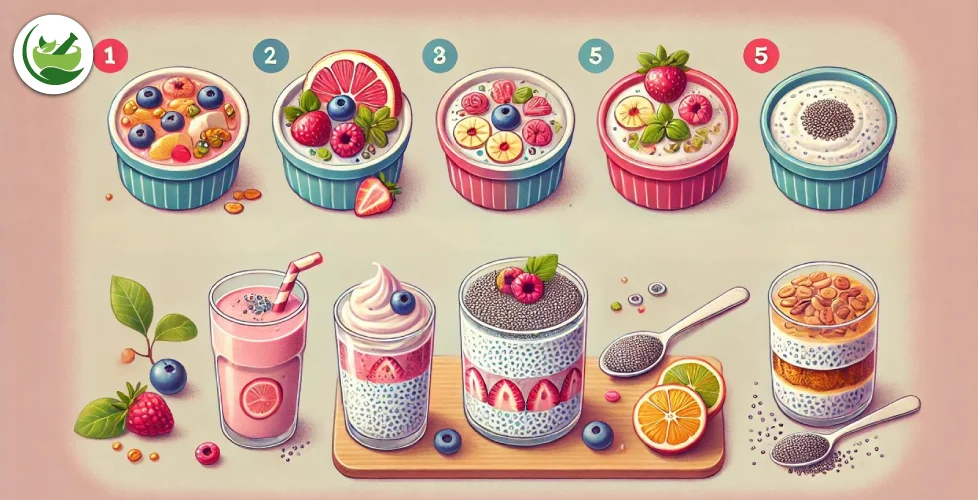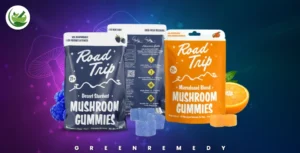Chia seeds, known for their numerous health benefits and versatility, have become a popular addition to many diets. However, parents often have questions and concerns when introducing new foods to a baby’s diet. This blog explores whether Can Babies Eat Chia Seeds or chia seeds are safe for babies, their potential health benefits, and how best to serve them to your little one.
Related blog How to Incorporate Ground Chia Seeds into Your Daily Diet

What Chia Seeds
Chia seeds are tiny, nutrient-dense seeds from the plant Salvia hispanica, native to Central and South America. They are rich in omega-3 fatty acids, fiber, protein, and various essential vitamins and minerals. Their gelatinous texture when soaked in liquid makes them a unique ingredient in various dishes.
Related blog Can You Cook Chia Seeds? Benefits and Methods
Are Chia Seeds Safe for Babies?
Yes, chia seeds can be safe for babies, but there are several important considerations:
- Age Appropriateness: It’s generally recommended to introduce chia seeds to babies after they start solid foods, around 6-8 months of age. Always consult with your pediatrician before adding new foods to your baby’s diet.
- Allergy Check: Although rare, chia seed allergies can occur. Introduce them in small quantities and observe for any allergic reactions such as rash, swelling, or digestive discomfort.
- Choking Hazard: Chia seeds can swell and become gelatinous, which can be a choking hazard if not prepared properly. Always ensure they are adequately soaked and incorporated into a safe texture for your baby.
Related blog Can Babies Have Chia Seeds? Health Benefits and Precautions

Health Benefits of Chia Seeds for Babies
Chia seeds offer several nutritional benefits for babies:
- Omega-3 Fatty Acids: Essential for brain development and overall growth.
- Fiber: Aids in digestion and can help prevent constipation.
- Protein: Supports growth and muscle development.
- Calcium and Phosphorus: Important for bone health.
- Antioxidants: Help in protecting the body from harmful free radicals.
Related blog Nutritional Benefits Of Chia Seeds For Toddlers: What Parents Need To Know
How to Serve Chia Seeds to Babies
To safely and effectively include chia seeds in your baby’s diet, consider the following methods:

1. Chia Seed Pudding
Ingredients:
- 1 tablespoon chia seeds
- 1/2 cup breast milk, formula, or water
Instructions:
- Mix the chia seeds with the liquid.
- Let it sit for about 20-30 minutes until it forms a pudding-like consistency.
- Stir well before serving to avoid clumping.
- Optionally, you can blend it for a smoother texture.
2. Mix with Purees
Add a small amount of soaked chia seeds to fruit or vegetable purees. This can be a great way to introduce the texture and nutrition of chia seeds without overwhelming your baby.
3. Chia Seed Yogurt
Stir a teaspoon of chia seeds into plain, unsweetened yogurt. Allow it to sit for a few minutes to soften. This combination provides probiotics from the yogurt and added nutrients from the chia seeds.
Related blog The Best Ways To Incorporate Chia Seeds In Yogurt Into Your Diet
4. In Smoothies
Blend soaked chia seeds into a smoothie with fruits and vegetables suitable for your baby’s age. Ensure the smoothie is smooth and not too thick for easy swallowing.
Related blog Maximizing Nutrition: Exploring The Benefits Of Chia Seeds In Smoothies
5. Chia Seed Porridge
Add chia seeds to your baby’s oatmeal or other cereal. Cook the cereal as usual and stir in the chia seeds while it is still hot. This will help the seeds soften and blend well.
Tips for Introducing Chia Seeds
- Start Small: Begin with small quantities to ensure your baby tolerates them well.
- Observe Reactions: Watch for any signs of allergies or digestive issues.
- Consistency is Key: Make sure the seeds are always soaked or cooked to avoid any choking hazards.
- Combine with Familiar Foods: Mixing chia seeds with foods your baby already enjoys can make the transition smoother.
Conclusion
Chia seeds can be a nutritious addition to your baby’s diet when introduced safely and appropriately. Their rich nutrient profile offers various health benefits that can support your baby’s growth and development. Always start with small amounts, prepare them correctly, and consult your pediatrician to ensure they are a good fit for your baby’s dietary needs.
By following these guidelines, you can confidently add chia seeds to your baby’s meals and enjoy the peace of mind that comes with providing a healthy, balanced diet.






